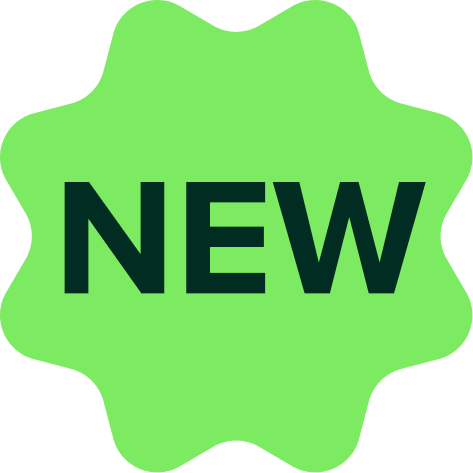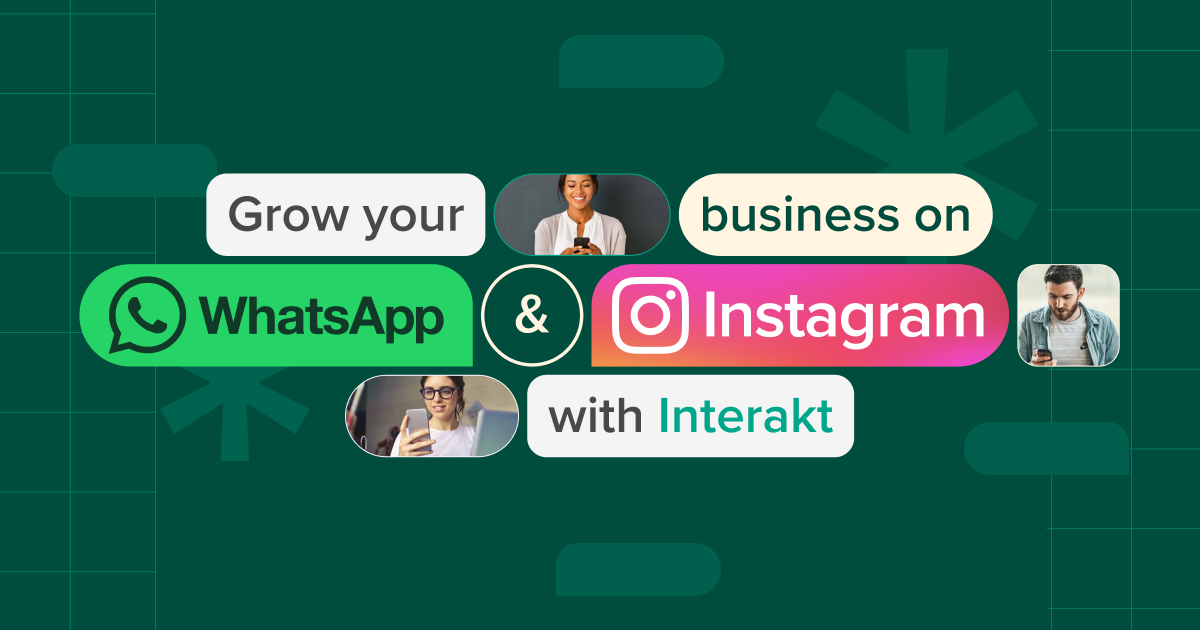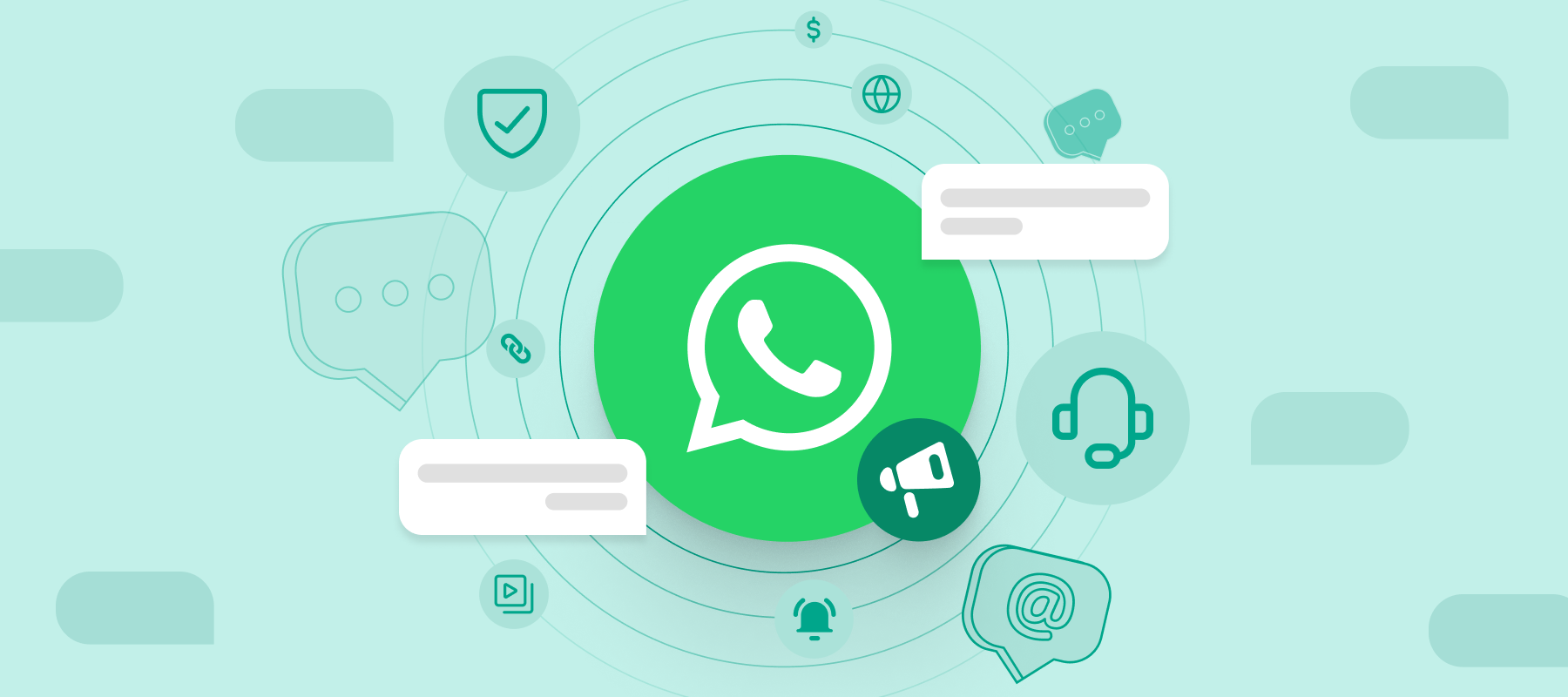In today’s digital landscape, businesses are continuously seeking innovative ways to connect with their audience. One such platform that has gained immense popularity is WhatsApp. Known initially as a personal communication tool, WhatsApp has evolved into a powerful marketing channel. This blog post aims to explore the nuances of WhatsApp marketing and the role of WhatsApp marketing automation in streamlining business communication.
Understanding WhatsApp Marketing
WhatsApp marketing refers to the use of WhatsApp as a platform to promote products, services, and engage with customers. With over 2 billion active users worldwide, WhatsApp offers businesses an opportunity to reach a broad and diverse audience. The platform’s features, such as instant messaging, voice and video calls, and group chats, make it a versatile tool for marketers.
Businesses can leverage WhatsApp to send personalized messages, offer customer support, and even conduct transactions. The ability to send images, videos, and documents further enhances the platform’s appeal, allowing brands to create engaging content. According to a study by Statista, WhatsApp is the most popular messaging app globally, which underscores its potential as a marketing tool.
Why Choose WhatsApp for Marketing?
One of the primary reasons businesses opt for WhatsApp marketing is its high engagement rates. Messages sent via WhatsApp have a significantly higher open rate compared to traditional email marketing. Moreover, the informal nature of WhatsApp allows for more personal interaction, fostering better customer relationships.
Key Benefits of WhatsApp Marketing:
- High Engagement: WhatsApp messages have an open rate of over 98%.
- Cost-Effective: Minimal costs involved compared to other marketing channels.
- Global Reach: Access to international audiences without additional costs.
- Personalization: Ability to send tailored messages to individual customers.
The Role of WhatsApp Marketing Automation
While WhatsApp marketing is effective, managing communications manually can be time-consuming, especially for large businesses. This is where WhatsApp marketing automation comes into play. Automation tools allow businesses to streamline their marketing efforts, ensuring timely and consistent communication with customers.
WhatsApp marketing automation involves using software to automate repetitive tasks such as sending messages, reminders, and follow-ups. These tools can also segment audiences, schedule messages, and analyze engagement metrics, providing valuable insights into customer behavior.
Top 3 WhatsApp Marketing Automation Tools in 2025
- Interakt – Best for SMBs & Enterprises
Why it stands out: Interakt’s WhatsApp Marketing Automation platform is designed for businesses looking to streamline communication, boost engagement, and convert more leads. It allows businesses to:
Automate personalized messages, reminders, and follow-ups.
Capture and segment leads via WhatsApp and sync with CRM.
Run campaigns that combine WhatsApp templates, multimedia content, and workflow automation.
Gain actionable insights through detailed analytics to optimize campaigns.
Key Advantage: Interakt’s seamless integration with e-commerce platforms, CRMs, and payment gateways ensures a complete end-to-end WhatsApp marketing solution.
2. Growby
Growby is a WhatsApp marketing platform that focuses on lead generation and customer engagement. It offers tools for creating automated workflows, segmenting audiences, and analyzing campaign performance, making it a valuable tool for businesses looking to enhance their WhatsApp marketing strategies.
3. WappBlaster
WappBlaster is a WhatsApp marketing tool that allows businesses to send bulk messages, manage contacts, and automate responses. It’s designed for businesses looking to reach a large audience efficiently through WhatsApp.
Benefits of WhatsApp Marketing Automation
By automating their WhatsApp marketing efforts, businesses can save time and resources while maintaining the quality of their customer interactions. Automation ensures that messages are sent at the right time, increasing the likelihood of engagement.
Advantages of Automation:
- Efficiency: Automates routine tasks, freeing up time for strategic planning.
- Consistency: Ensures messaging is consistent across all customer interactions.
- Data-Driven Insights: Provides analytics to optimize marketing strategies.
A successful example of automation can be seen in customer support. With automated messages, businesses can provide instant responses to common queries, improving customer satisfaction. Additionally, automation tools can integrate with CRM systems, offering a seamless flow of information between departments.
Implementing WhatsApp Marketing Strategies
To effectively use WhatsApp marketing, businesses must develop a comprehensive strategy. This involves understanding the target audience, defining clear objectives, and choosing the right tools for automation. Here are some steps to consider when implementing WhatsApp marketing strategies:
Step 1: Define Your Goals
Before starting with WhatsApp marketing, it’s crucial to outline your goals. Are you looking to increase brand awareness, drive sales, or improve customer service? Defining clear objectives will guide your strategy and help measure success.
Step 2: Know Your Audience
Understanding your target audience is essential for crafting relevant messages. Use analytics to gather insights on customer preferences and behaviors. This will help tailor your communication to meet their needs.
Step 3: Choose the Right Automation Tools
Selecting the appropriate WhatsApp marketing automation tools is critical. Consider factors such as ease of use, integration capabilities, and cost. Popular tools include WhatsApp Business API and third-party platforms that offer advanced automation features.
Step 4: Craft Engaging Content
Your messages should be clear, concise, and engaging. Use multimedia content such as images and videos to capture attention. Personalize your messages to resonate with your audience, enhancing the customer experience.
Step 5: Monitor and Optimize
Regularly monitor the performance of your WhatsApp marketing campaigns. Use analytics to track key metrics such as open rates, click-through rates, and conversions. This data will help identify areas for improvement and optimize future strategies.
WhatsApp marketing presents a unique opportunity for businesses to connect with their audience in a personal and direct manner. By leveraging WhatsApp marketing automation, companies can enhance their communication efforts, ensuring efficiency and consistency. As you embark on your WhatsApp marketing journey, remember to define clear goals, understand your audience, and use the right tools to optimize your strategy. Start today and unlock the potential of WhatsApp as a powerful marketing channel.
Ready to revolutionize your business communication? Explore Interakt’s WhatsApp marketing automation tool and take your marketing strategy to the next level. Begin today and see the difference in customer engagement and satisfaction.






